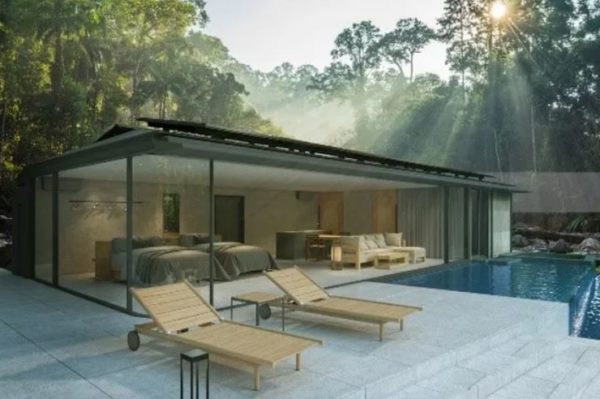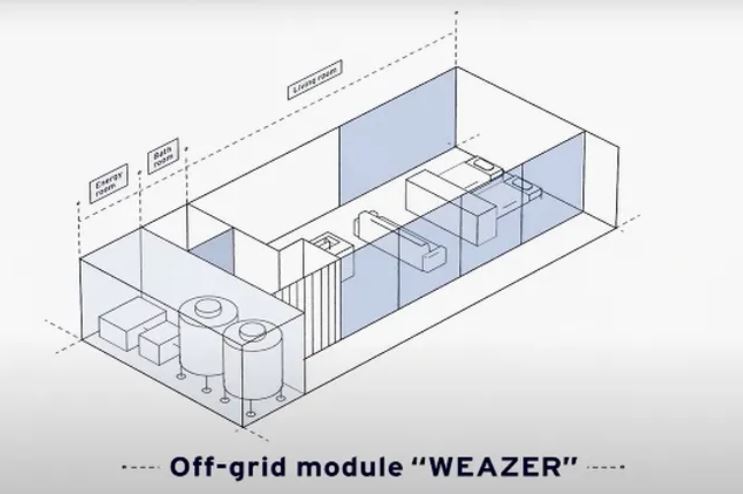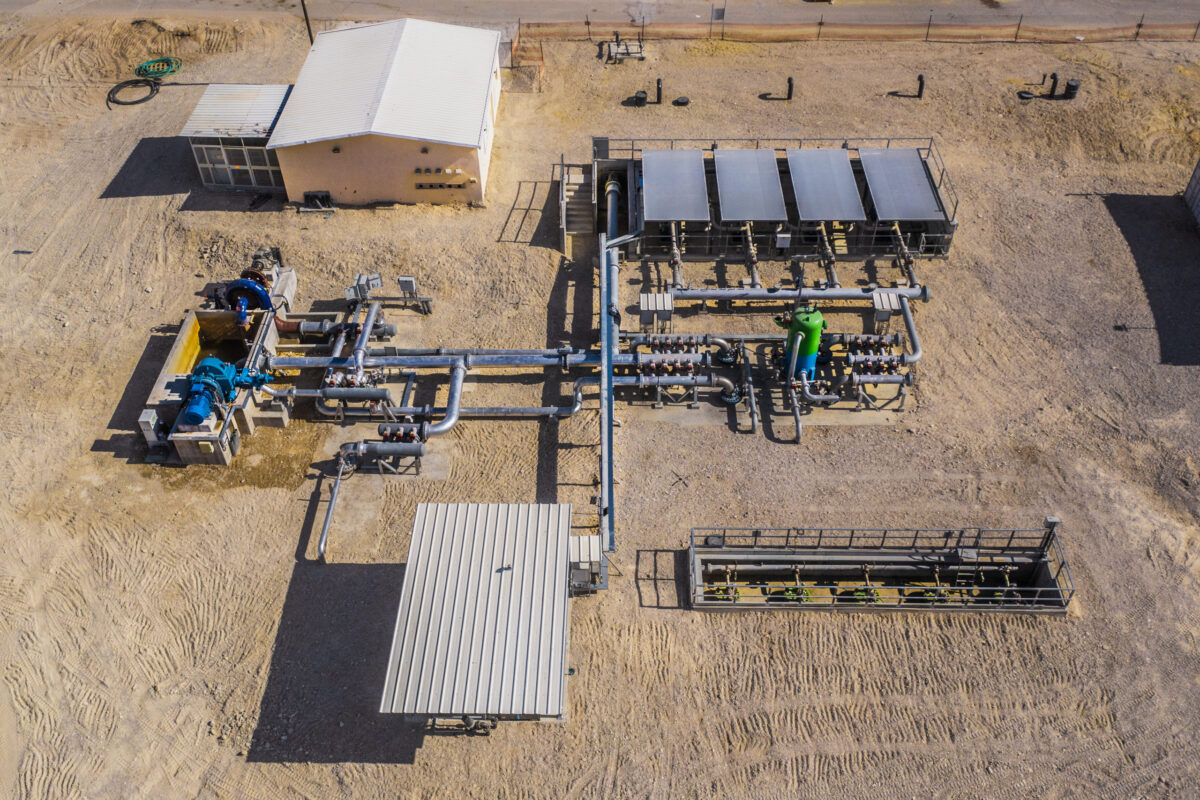Japanese design company Arth Co., Ltd. has developed a new concept to build autonomous solar-powered residential units at any location without electricity, gas and water infrastructure.
The Weazer habitation module is purportedly 100% self-sufficient for energy and water supplies. Electricity is provided by a rooftop PV array and water comes from filtered and sterilized rainwater.
“The special purification technology used does not generate sewage drainage, so it does not damage the environment at the installation site,” the company said.

The size of the small building can be adjusted according to the needs of clients by combining different units. It can be installed in just a few days, according to Arth. It can also host electric vehicle recharging.
“Since it is self-sufficient for energy generation, it can be also used as an emergency evacuation site,” the company said, without revealing more details.
Arth plans to install the first prototype in Nishiizu, Shizuoka prefecture, in the fall. It wants to provide the system to hotels, resorts, and emergency evacuation areas.
“We will deploy the Weazer residential unit in areas with vulnerable infrastructure,” it said.
This content is protected by copyright and may not be reused. If you want to cooperate with us and would like to reuse some of our content, please contact: editors@pv-magazine.com.




By submitting this form you agree to pv magazine using your data for the purposes of publishing your comment.
Your personal data will only be disclosed or otherwise transmitted to third parties for the purposes of spam filtering or if this is necessary for technical maintenance of the website. Any other transfer to third parties will not take place unless this is justified on the basis of applicable data protection regulations or if pv magazine is legally obliged to do so.
You may revoke this consent at any time with effect for the future, in which case your personal data will be deleted immediately. Otherwise, your data will be deleted if pv magazine has processed your request or the purpose of data storage is fulfilled.
Further information on data privacy can be found in our Data Protection Policy.